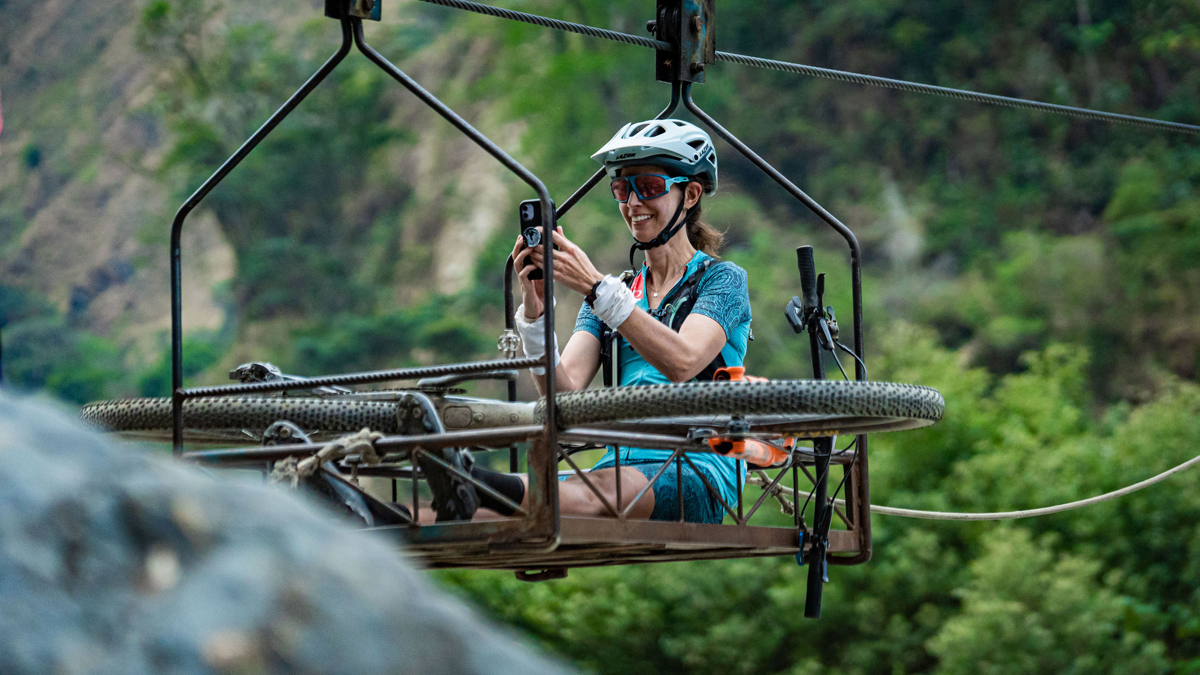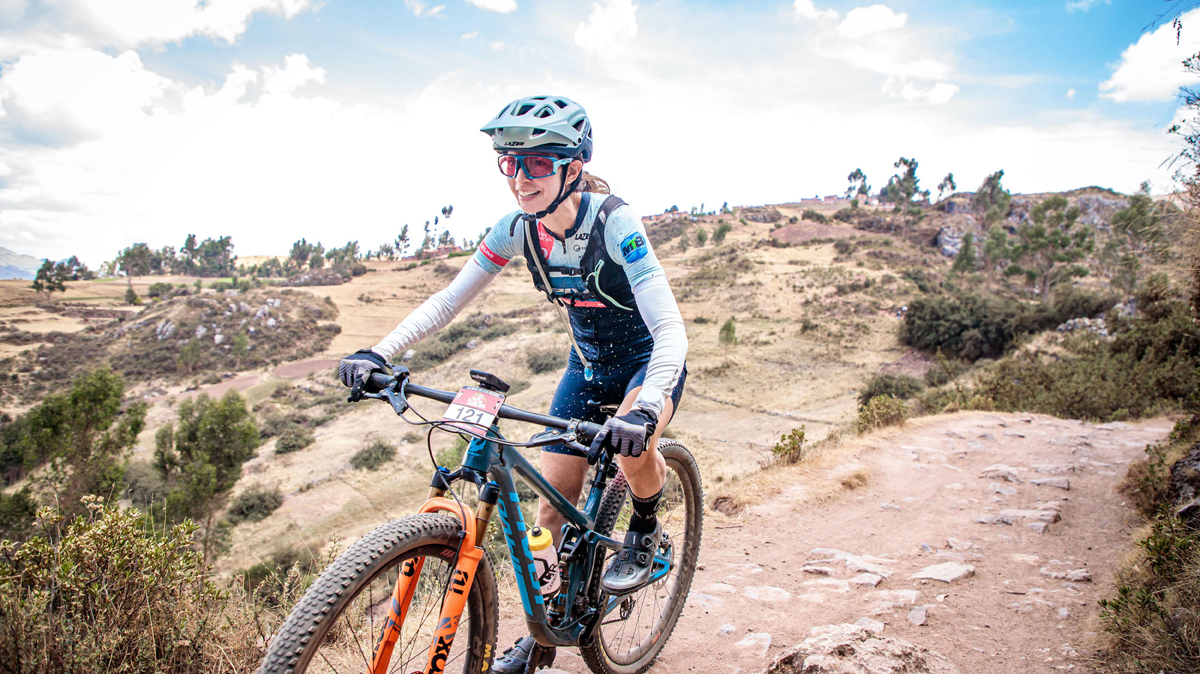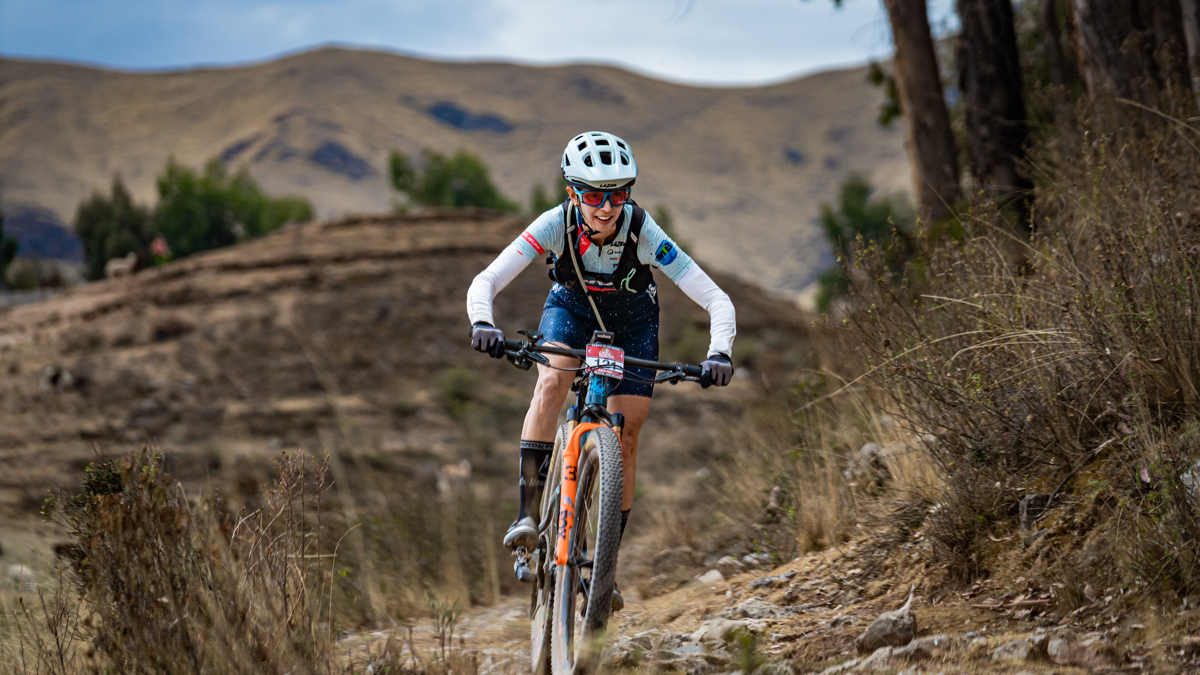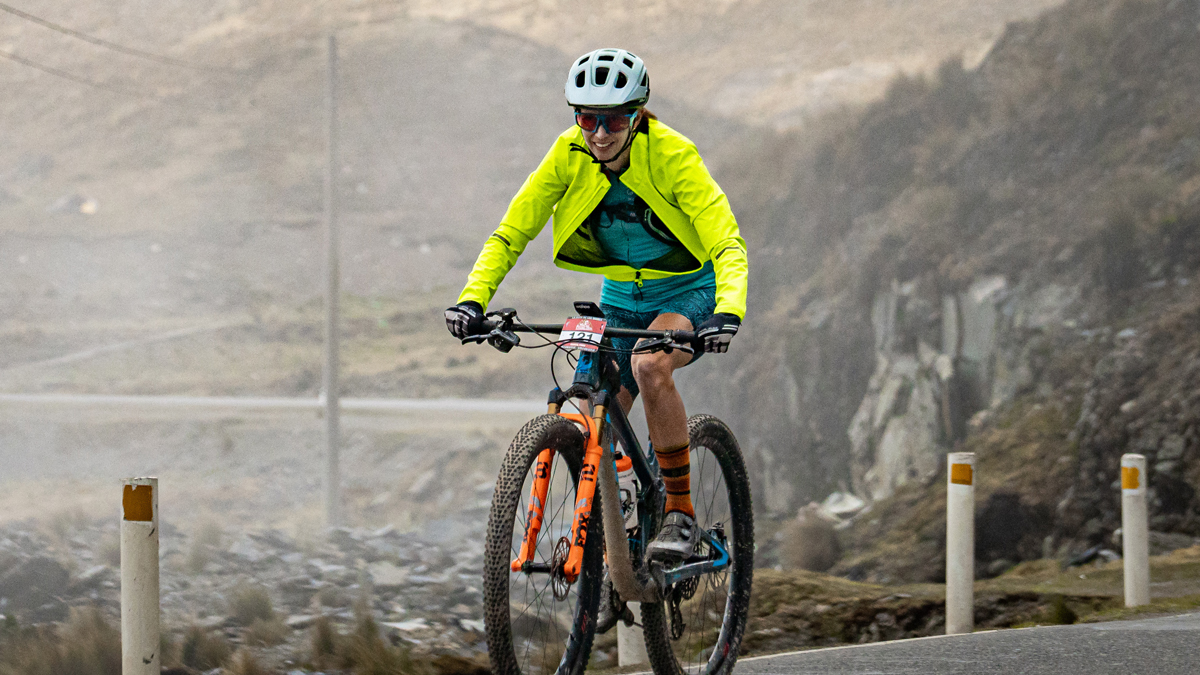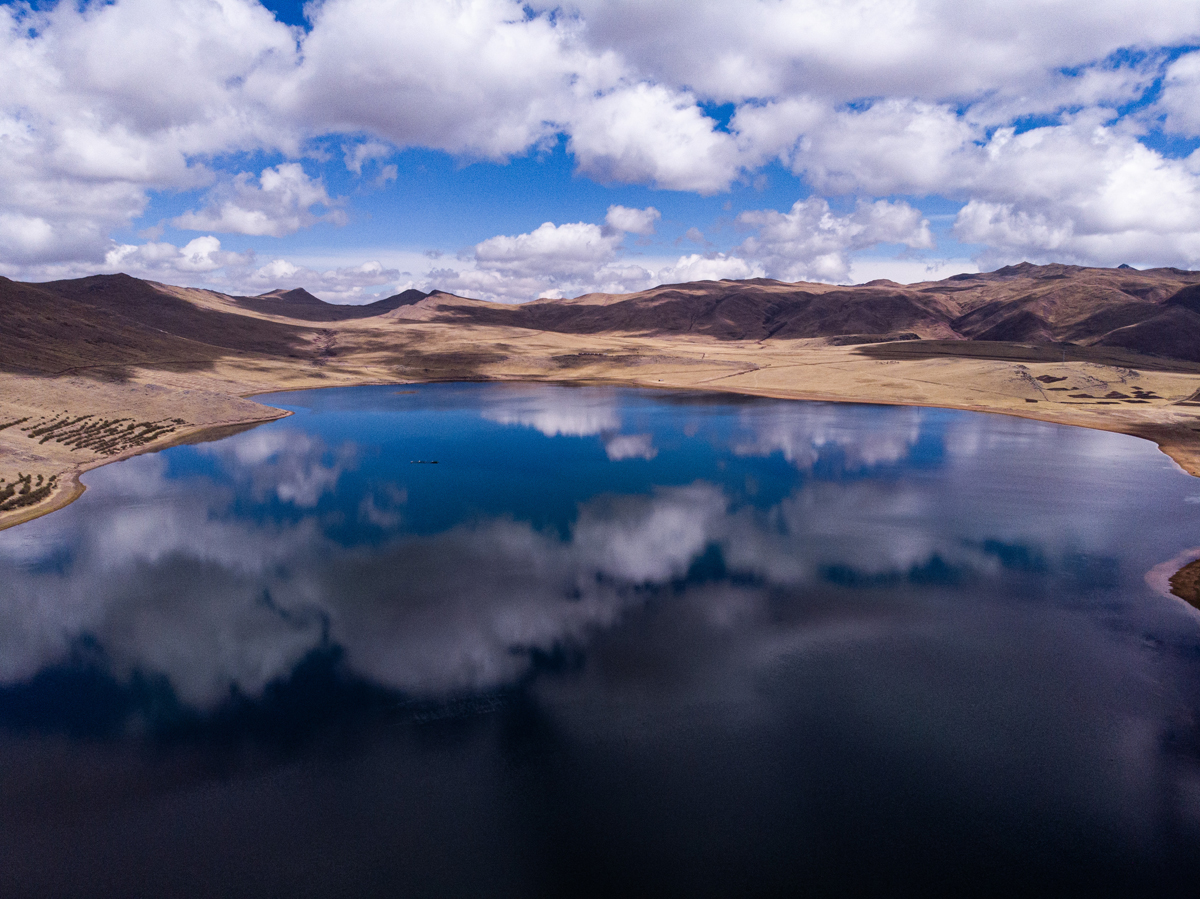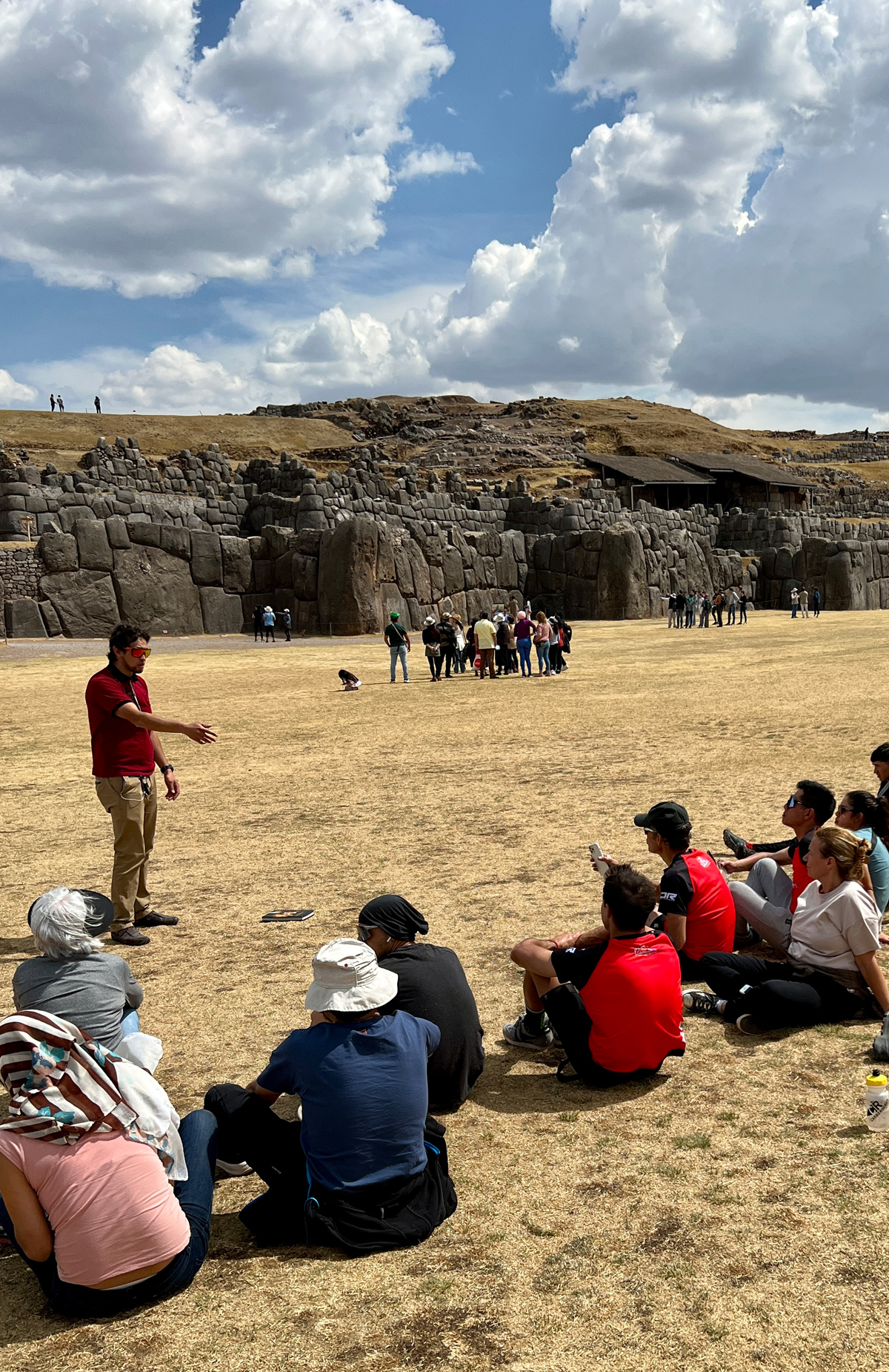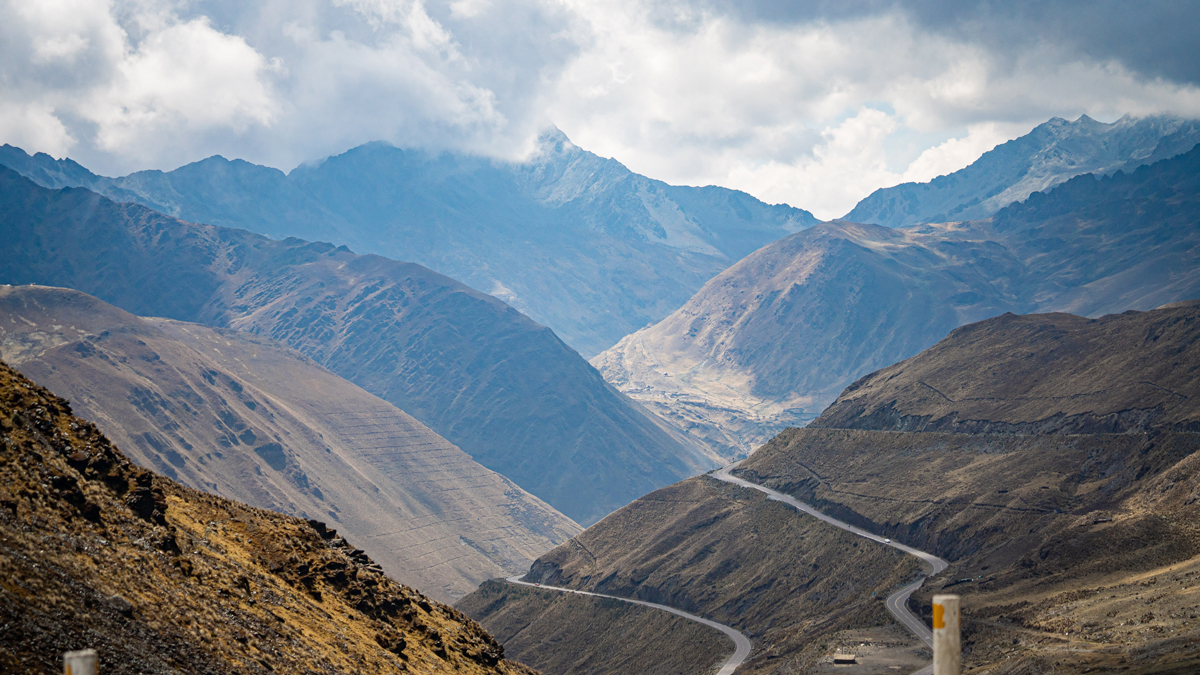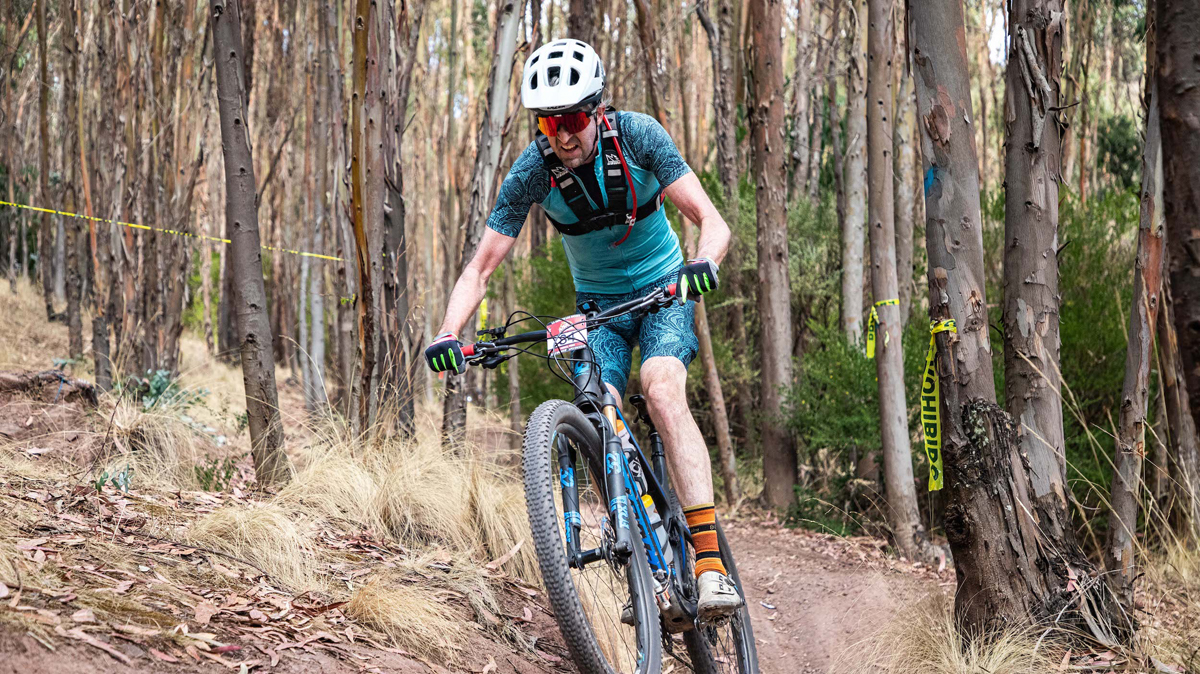By Shannon Boffeli — I always tell people the best part of doing a stage race is spending a week not thinking about anything except riding your bike. It’s a truly freeing experience but such singular focus can sometimes lead to that FOMO feeling that you traveled halfway around the world and missed out on all the cultural experiences on hand.
This is where the Machu Picchu Epic positively shines. Having competed in mountain stage races across the globe, I can say without a doubt that Machu Picchu Epic is one-of-a-kind. In a completely unique format for stage racing, riders are challenged with 3-4 hours of racing each day followed by lunch and a tour of the local historic sites including: the ruins of Pisac with its endless terraces, the Jenga-stacked Inca walls of Saqsaywaman, the fortress at Ollantaytambo, and finally the world-renowned Inca citadel of Machu Picchu.
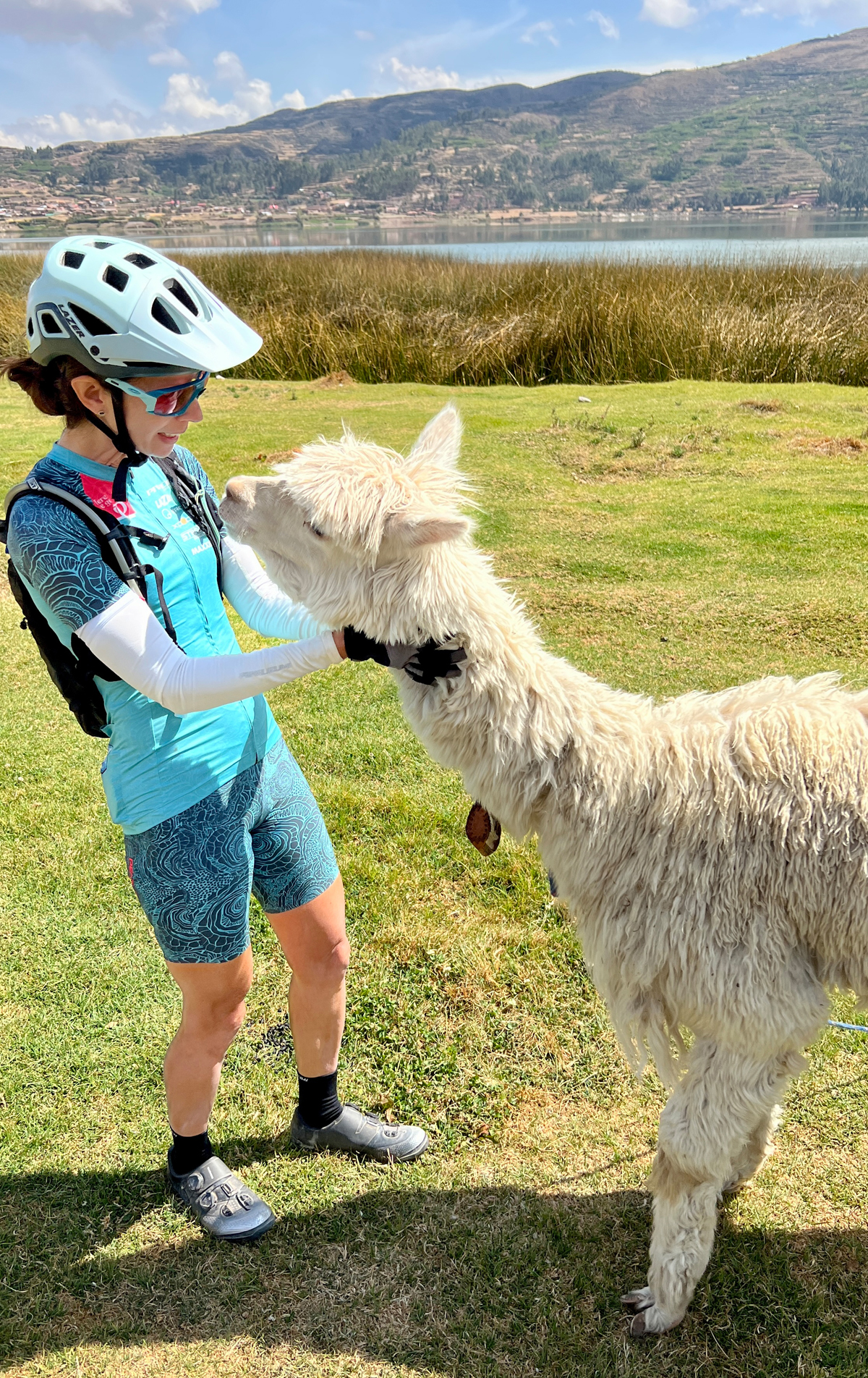
Race director Alessandra Whilar and event organizer Daniel Roura go to great lengths to ensure that riders experience all the excitement of bike racing, and the endless cultural experiences Peru has to offer including a trip to one of the seven wonders of the modern world: Machu Picchu. Their love and excitement of their country is infectious.
Anyone taking on the Machu Picchu Epic needs to pack a healthy desire for adventure and their climbing legs as each stage packs in ample climbing, all done at elevation. The race starts in the metropolitan center of Cusco at a lung-bursting 11,152 feet above sea level and most stages go up from there. The Epic is the ultimate challenge and an experience of a lifetime all wrapped into one.
And for a final bonus, after finishing the race riders are treated to a guided tour of the world-famous Inca citadel of Machu Picchu, a once-in-a-lifetime experience that truly cannot be duplicated.
Our Experience
My wife, Jen Hanks, and I took on the challenge of the Machu Picchu Epic together. Unlike many of the other stage races we have done this second-year event did not feature a duo category option, so we competed as individuals in Peru.
Stage 1 started with a two-part climb leading to the high-Andean lake of Quirqucha, well above tree line at almost 13,600 feet. For perspective, the Leadville 100 tops out at a mere 12,500 feet. The climbing was tough, and the local riders seemed unfazed by the elevation. Luckily, there was just enough singletrack descending to give us a chance to close some of the gaps.
After traversing along the lake, we attacked the days descent bombing down endless miles of trail and two-track while dodging alpaca, sheep, pigs, cows, dogs, and chickens while blasting through thatched-roofed villages that rarely see visitors let alone an army of Lycra-clad mountain bikers. We hit speeds well over 30 miles per hour on the steep mountain two-track before reaching the finish line in the Peru’s Sacred Valley.
Stage 2 featured the highest percentage of singletrack in the race. Starting and finishing in the park of Saqsaywaman, an ancient Inca temple celebrating the god of lightning, the stage was appropriately quick and electric with relatively short climbs and fast descents on rutted, rock-strewn singletrack that presented a thrilling challenge for even the most experienced riders.
Day two was the shortest stage of the race at just under 18 miles, which, of course, meant we all rode that much faster. The singletrack was rugged and challenging. “Trail” in Peru means ancient paths that villagers use to travel on foot or move sheep and alpaca. Not the manicured, mountain bike specific trail most U.S. riders are accustomed to. I enjoyed these less developed trails and the challenge of navigating through the rocks and crisscrossing trails to find the fastest line.
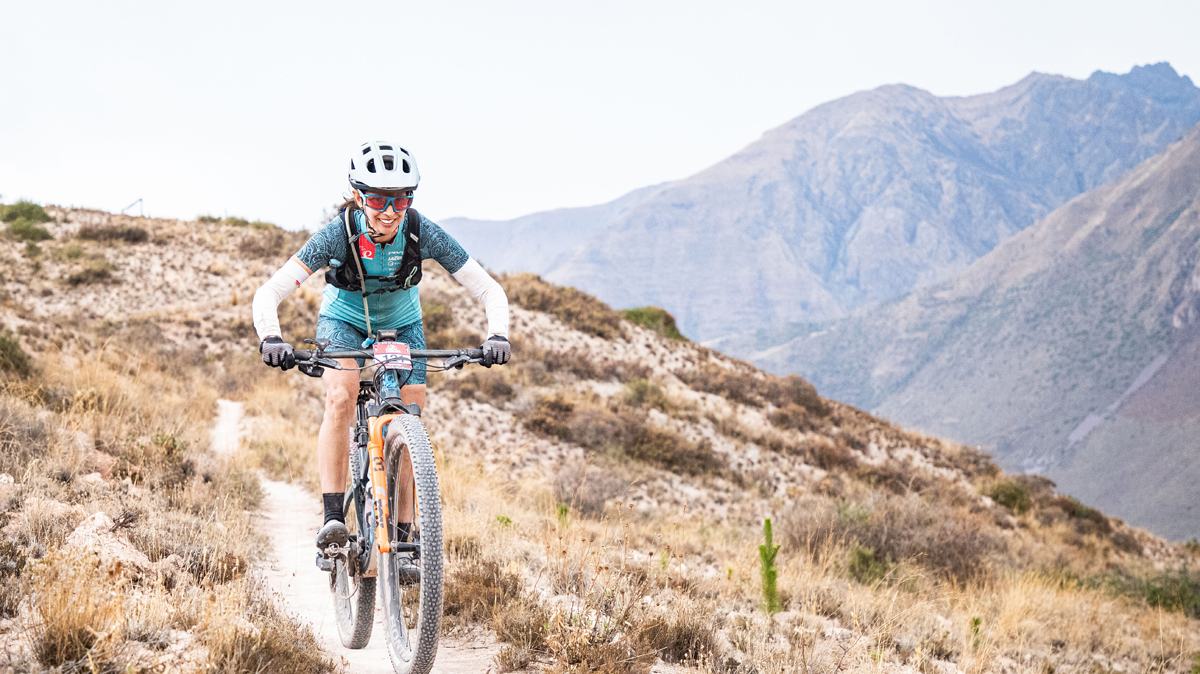
Stage 3 begins the travel portion of the Machu Picchu Epic as riders take a shuttle out of Cusco to the shores of Laguna Puray. Riders make a quick loop around the lake before heading off on a cross country tour through rolling hills with stunning views of snowcapped peaks and screaming descents past the legendary sites of Moray and the 1,000-year-old salineras, before finishing in the picturesque village of Ollantaytambo. I would say stage 3 had the most exciting descents of the entire race; fast and open with well-established trails.
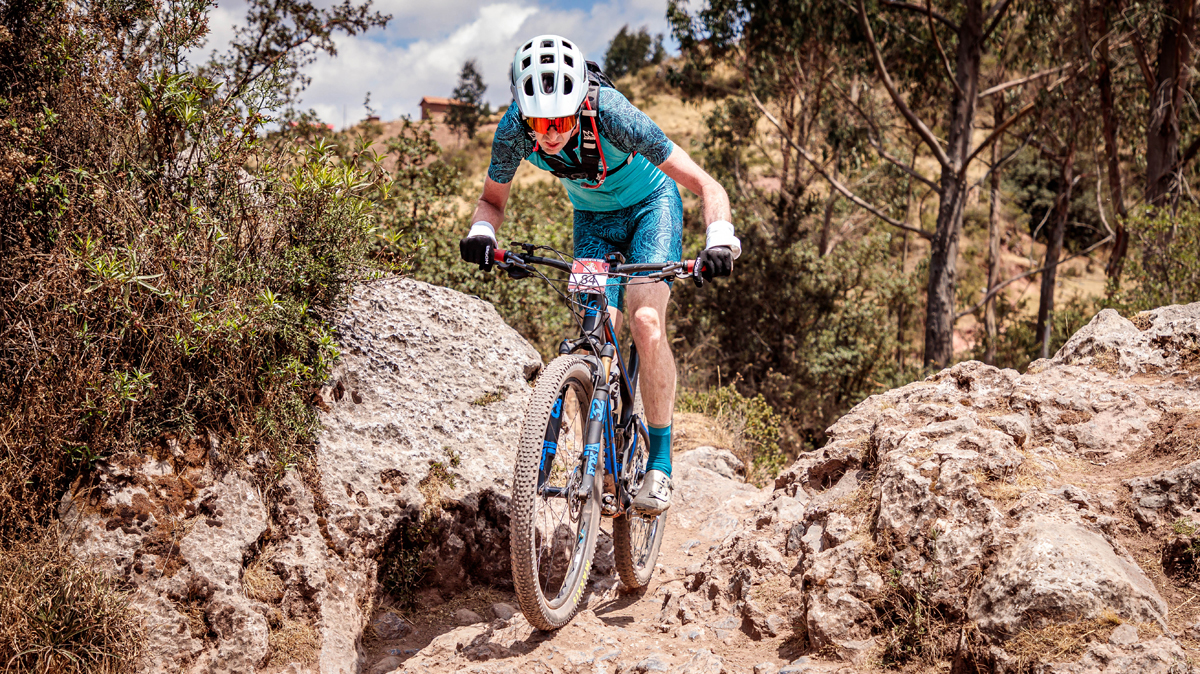
Stage 4 was the queen stage of the Machu Picchu Epic as riders tested themselves with 26 miles of climbing from the Sacred Valley to the top of Abra Malaga pass at over 14,300 feet. This was the ultimate test of physical and mental toughness riding higher and higher above the trees, past wind-whipped high-plains, and into the clouds before reaching the finish and retreating into the warming hut perched atop the pass for hot chocolate and cake. Many tears were shed at the finish line after long hours of grinding straight uphill with only Andean condors and high-mountain alpacas to keep us company. Stage 4 was more a personal accomplishment than a race. Riding a bike above 14,000 feet is not something most people will ever have an opportunity to do.
Stage 5 began in the urban center of Quillabamba located at the oxygen-rich elevation of just 3,400 feet. The day started on fast gravel roads following the Urubamba river before climbing the jungle mountain slopes of the Urubamba valley. This 30-mile stage packed in steep climbs on mountain roads and another fast two-track descent to the finish.
After the finish, each rider took their turn making the final river crossing by elevated cable cart to the hot springs of Cocalmayo for the finish line festivities.
After a final overnight we hopped a train for a quick ride to nearby Aguas Calientes and enjoyed our final tour of the incomparable Inca city of Machu Picchu.
The Machu Picchu Epic was an unmatched adventure that pushed us to our limits while still experiencing all the magic the Peruvian Andes have to offer. With an affordable entry, which included full lodging and tours, the Machu Picchu Epic is an inviting challenge for any adventure hungry mountain bike enthusiast.
Visit the Machu Picchu Epic website (https://moxie.pe/mpe/xcm/) to learn more about the race and how you can become a Machu Picchu Epic participant.
Race Notes:
Proceeds from the race help support the Todos X el Morro (TXM) mountain bike advocacy group. TXM builds and maintains a vast mountain bike trail network in the historic battle site national park of el Morro Solar, just south of Lima. TXM’s fifteen full time staff members and 600 volunteers have cleaned tons of trash from the park while building and maintaining the trail networks and providing security to create a safe and inviting riding experience. You can learn more about their incredible organization at todosxelmorro.pe
Peru is quietly becoming known as a foodie destination. With a year-round growing season, Peruvian restaurants have access to amazing fresh produce and locally sourced ingredients. We enjoyed outstanding dining options each night. A welcome treat after hard days in the saddle.
Shannon Boffeli is the managing editor for mtbracenews.com
